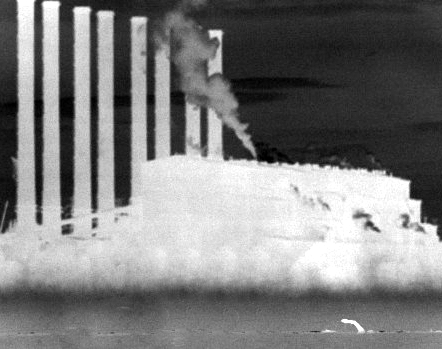Experts want clear green goals
 Climate scientists say green targets set at COP21 in Paris are too ambiguous.
Climate scientists say green targets set at COP21 in Paris are too ambiguous.
An international cohort of scientists say the Paris deals must consider other air pollutants separately from carbon dioxide.
They have issued a new paper to show that short-term pollutants, such as soot and methane, have different effects on the climate than long-term ones like carbon dioxide, but this is not being reflected in climate change policies.
The group the choice of common greenhouse gas metrics is extremely important.
Metric choice can affect the relative emphasis placed on reductions of ‘cumulative climate pollutants’ such as carbon dioxide versus ‘short-lived climate pollutants’ (SLCPs), including methane and black carbon.
The researchers say that the widely-used 100-year global warming potential (GWP100) effectively measures the relative impact of both cumulative pollutants and SLCPs on temperatures 20–40 years after the time of emission.
“If the overall goal of climate policy is to limit peak warming, GWP100 therefore overstates the importance of current SLCP emissions unless stringent and immediate reductions of all climate pollutants result in temperatures nearing their peak soon after mid-century, which may be necessary to limit warming to ‘well below 2 degrees C’,” their paper states.
“The GWP100 can be used to approximately equate a one-off pulse emission of a cumulative pollutant and an indefinitely sustained change in the rate of emission of an SLCP.”
“The climate implications of traditional CO2-equivalent targets are ambiguous unless contributions from cumulative pollutants and SLCPs are specified separately.”







 Print
Print